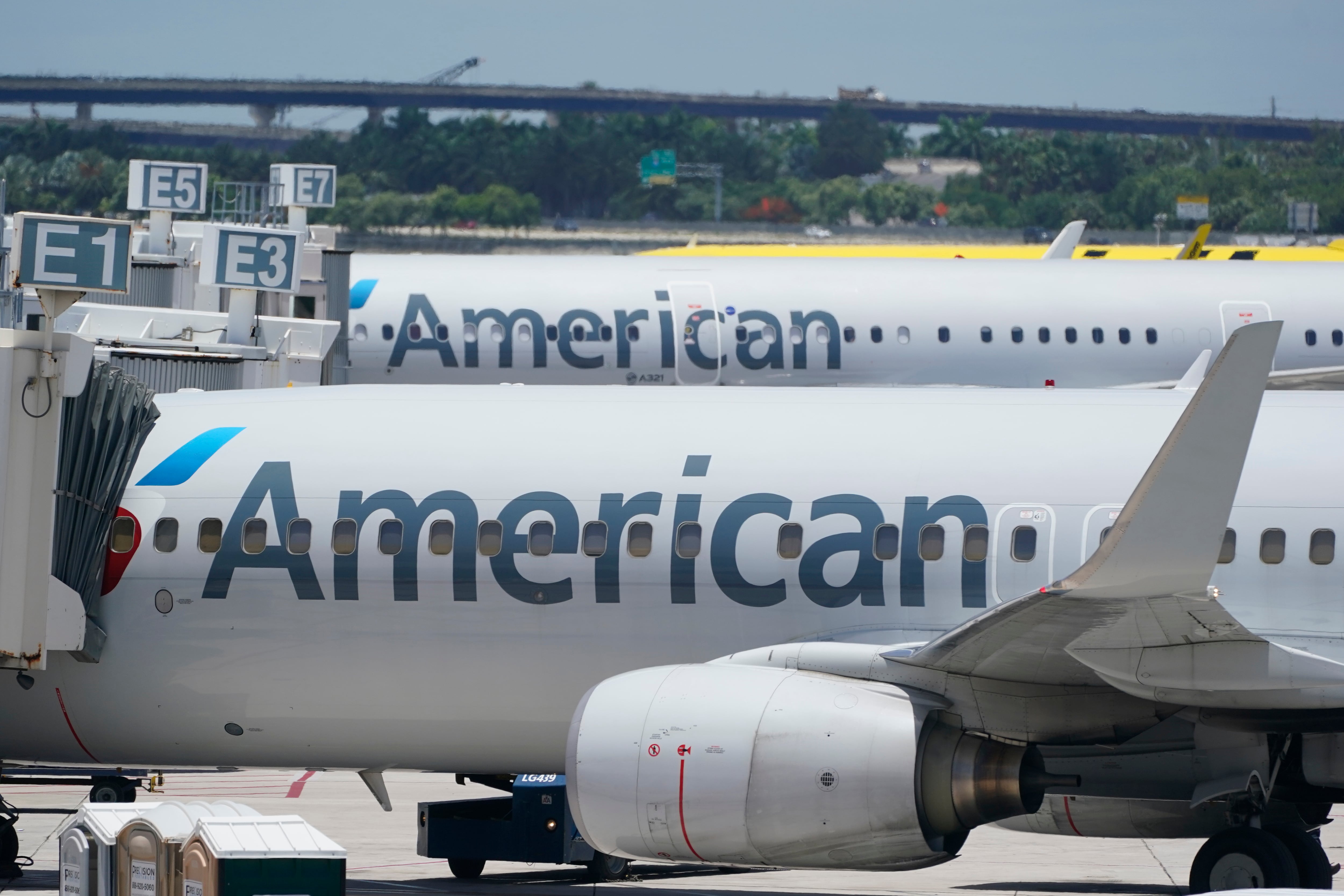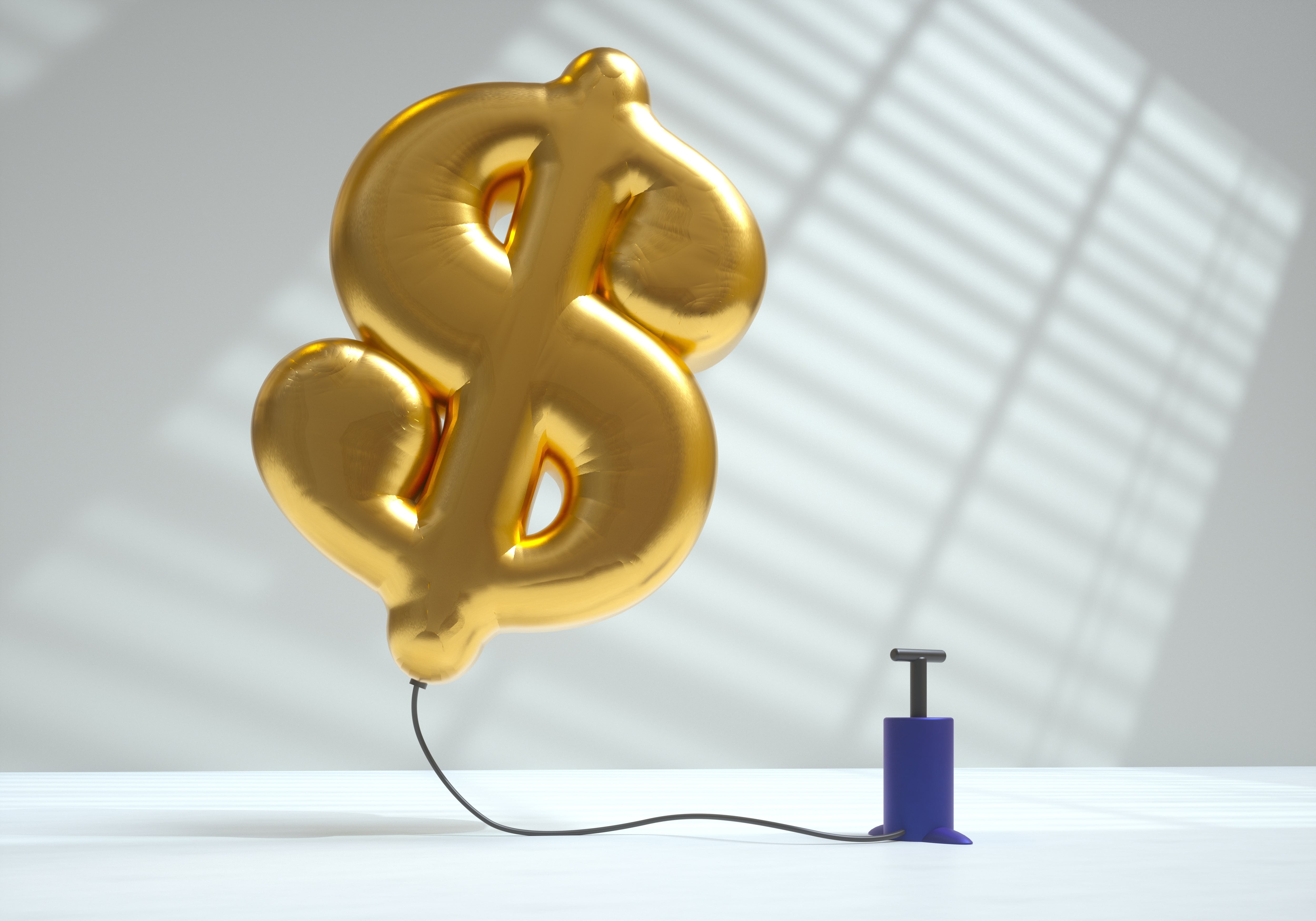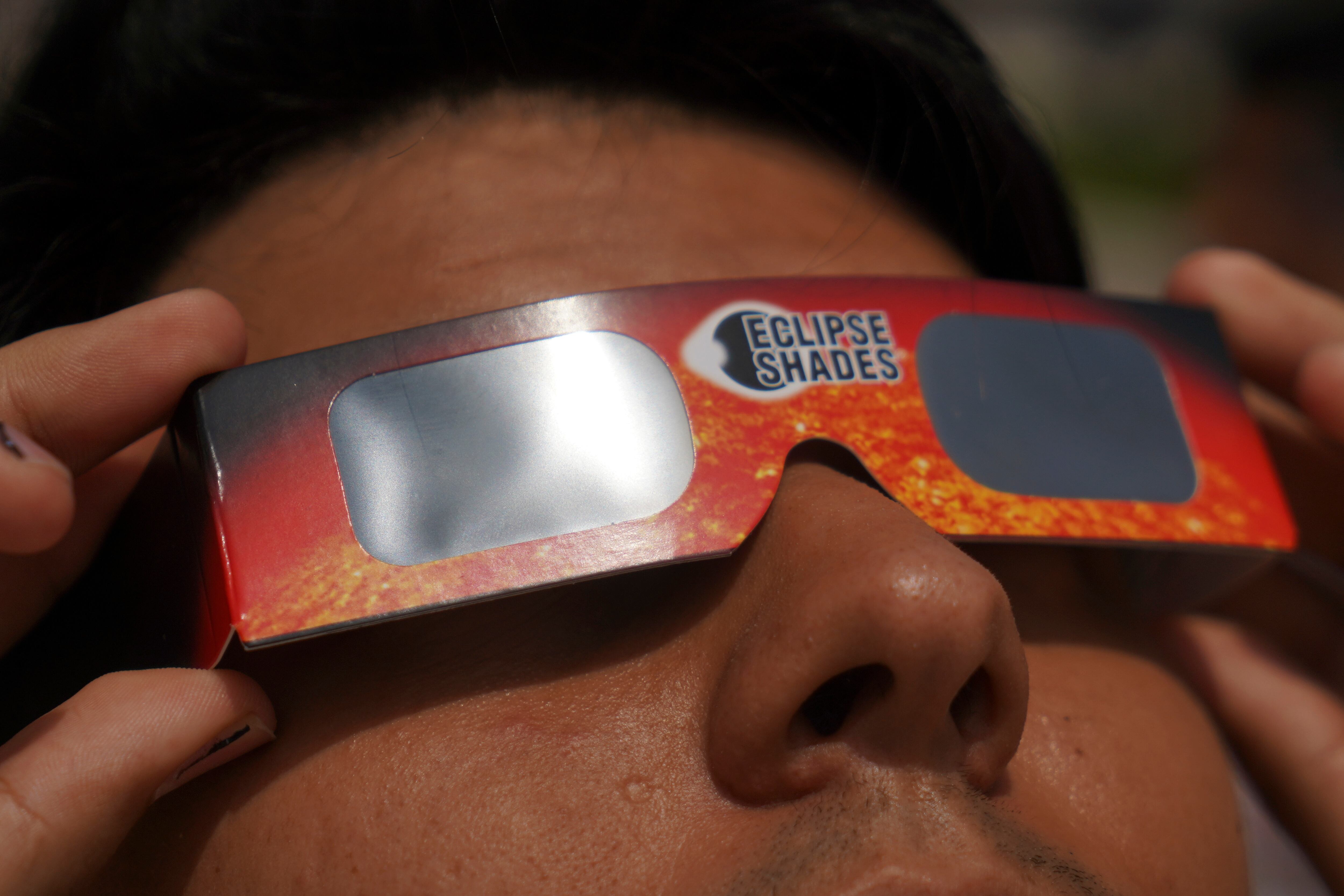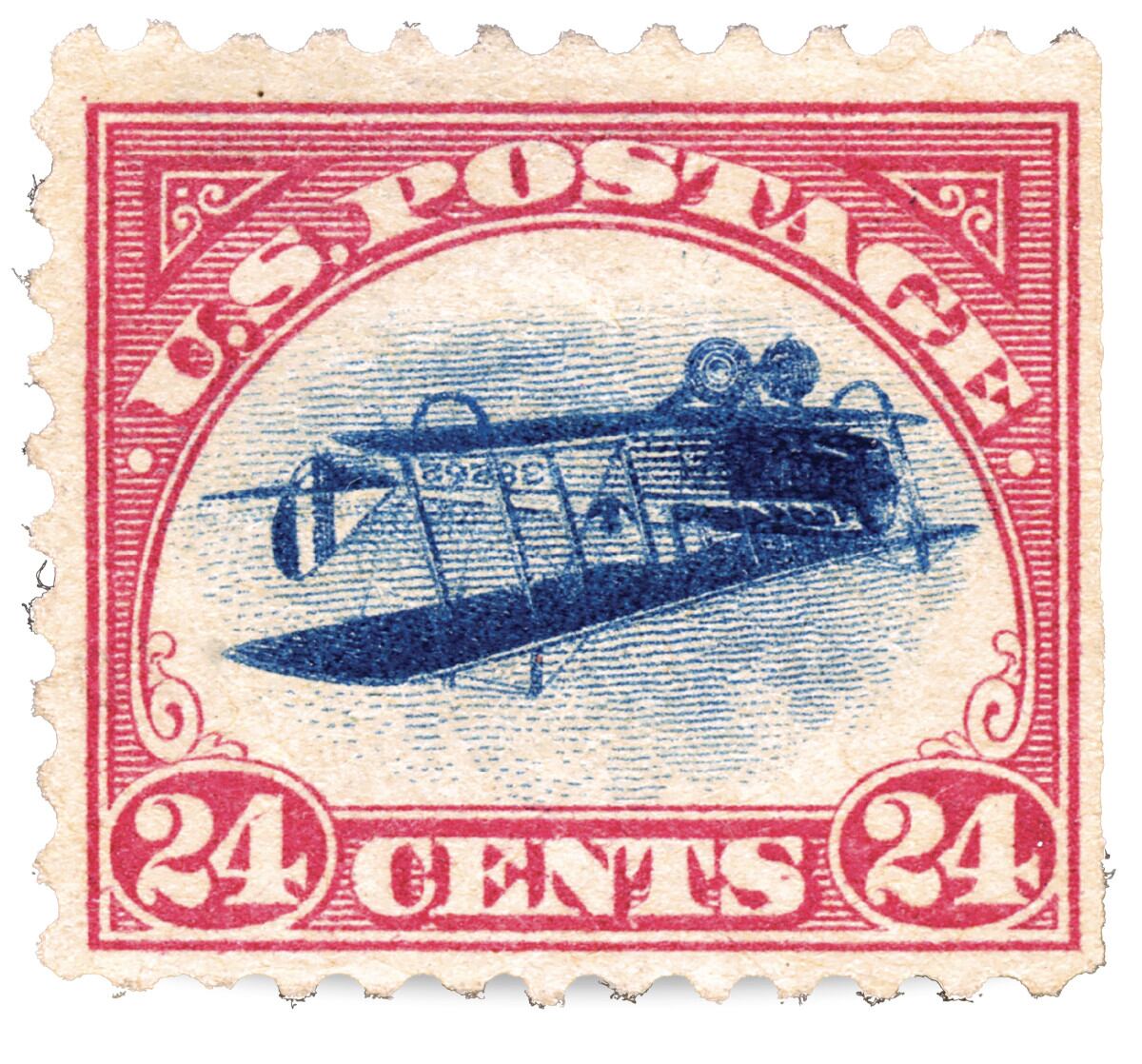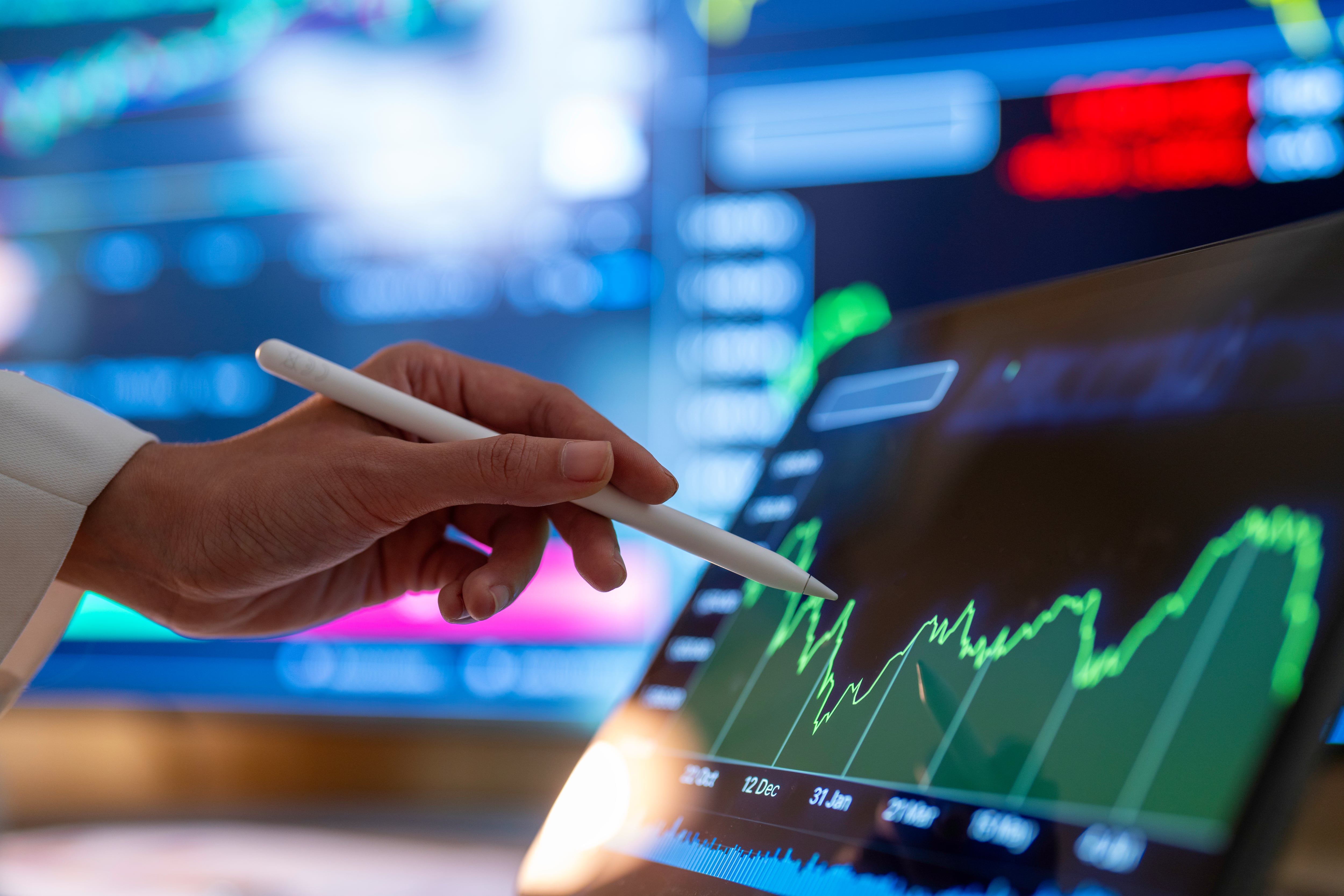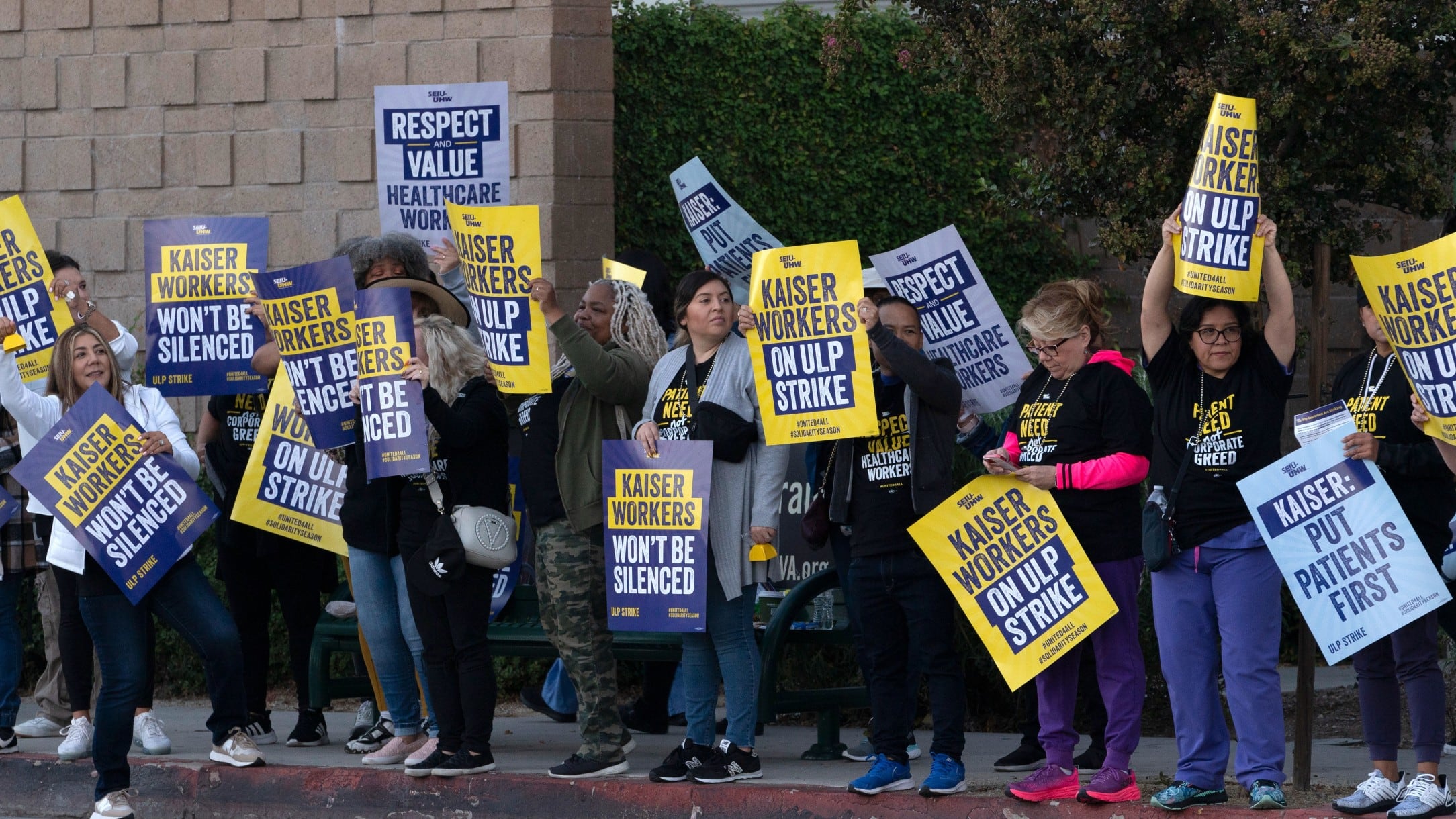*By Amanda Weston* While the Supreme Court hears a case on Apple's alleged app store monopoly, other tech companies may have cause to worry about their own legal futures. Several users have alleged that Apple has violated antitrust law by [monopolizing the iPhone app market](https://www.law360.com/appellate/articles/1104418/up-next-at-high-court-apple-s-app-store-civil-forfeiture-). Users must purchase or download apps through Apple's store, unless they ["jailbreak" their phones](https://www.cnbc.com/2018/11/26/apple-to-tell-supreme-court-it-cant-be-sued-in-app-store-dispute.html), voiding the warranty. Jimmy Hoover, a legal reporter for Law360, said a ruling that favors the users would be "an anathema to these companies." "They do not want to see the Supreme Court open up what they would consider to be the litigation floodgates to a lot of consumers coming in and making allegations of anti-competitive conduct. They want to be completely removed from the legal liability here. That's why you've seen some of them file briefs in support of Apple in this case." In essence, if Apple loses the case, a new precedent may form around big tech ー which has enjoyed a largely unregulated run. According to Hoover, the justices appear on the side of the consumer ー at least for now. "The justices at least seemed to seriously consider, and in the words of some court watchers, sympathize even, with the consumers in this case," he said. "I think Apple ($AAPL) has its work cut out for it in this particular case, and I don't know that I can say that they're out of the woods yet with this class action suit." That said, Hoover predicted it may be several weeks or months before the justices rule on the case. Adding to the complexity: Apple is relying on a 1977 landmark decision *Illinois Brick Co. v. Illinois.* In that case, The court established that only direct buyers can receive damages from a monopoly holder. Apple is arguing it does not directly sell apps to users, and is instead an intermediary for app developers. Apple currently takes a 30 percent commission on app sales. "The consumers turn around and say, 'Hey look, this is your platform and you're automatically tagging on this 30 percent commission fee, so we consider ourselves to be engaging with you,'" Hoover said. "So it's really kind of this old precedent from the '70s that is being applied in this new novel way in a digital app marketplace."
